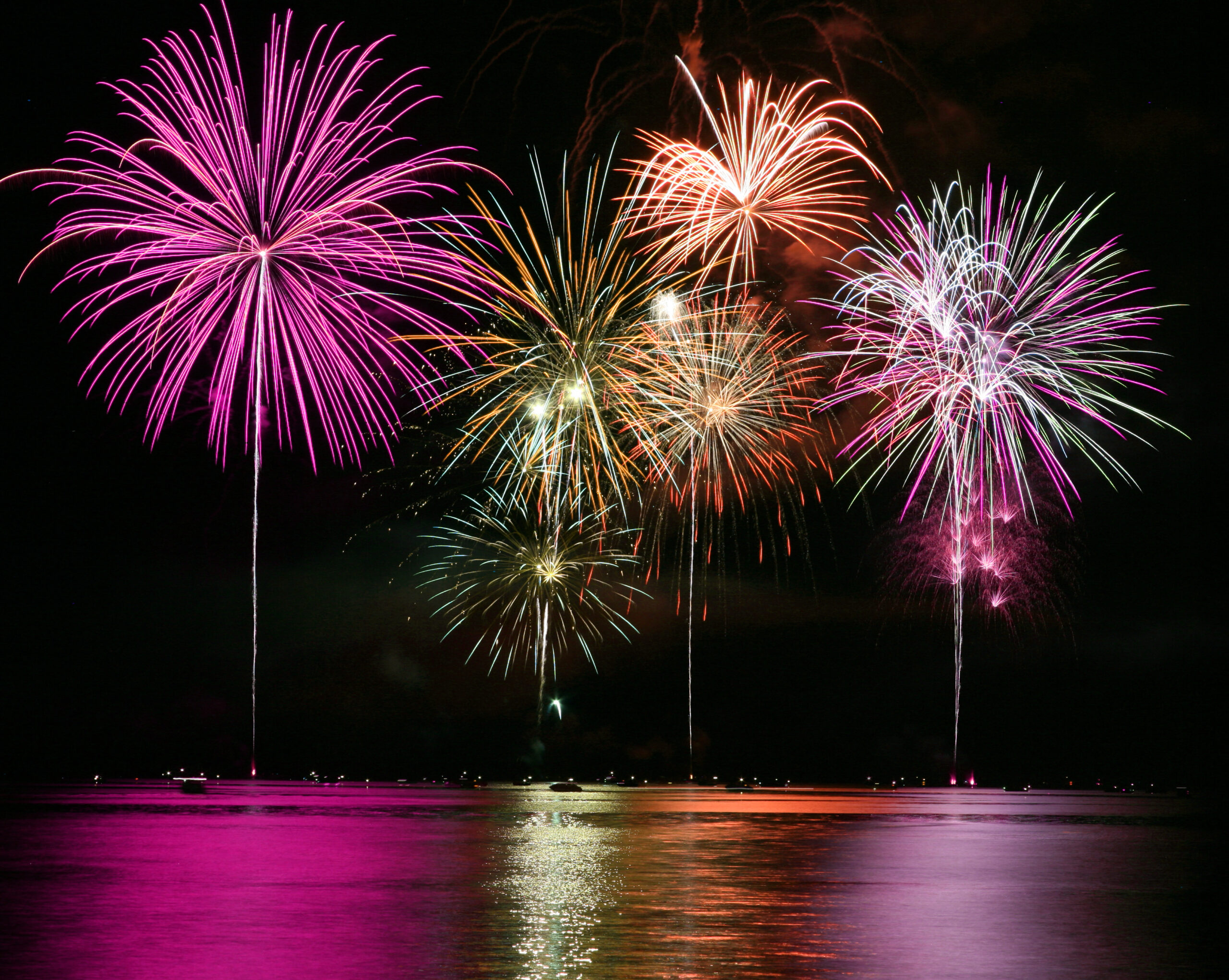News & Updates
5 Things To Consider This 4th Of July


The 4th of July is rapidly approaching and with it comes all sorts of fun festivities and events! However, like many holidays, there can be a large environmental impact from these celebrations. Below are some tips and advice on how to add a little green to your red, white and blue commemoration.
- Reduce your waste Impact
The 4th of July is a great time to get together with family and friends. Whether you’re throwing a barbecue, pool party or backyard extravaganza, people love to gather and celebrate with one another. Of course, whenever there are large quantities of people, the last thing you want is a plethora of dishes. However, take into consideration that the U.S. alone is responsible for throwing an estimated 40 million tons of plastic utensils into landfills every year. To minimize your impact, consider providing reusable utensils for your guests this year! To make it easier for you, you can even ask guests to bring their own reusable utensils for use as well.
2. Green Fireworks
While fireworks are a staple of the 4th of July, their environmental impact is not one to be ignored. In fact, fireworks contribute to 42% more air pollution in the environment during the 4th and 5th of July. That’s largely due to chemicals such as perchlorate, which can cause health issues and pollute lakes, rivers and drinking water. Luckily, scientists have developed eco-friendly fireworks that use nitrogen-based fuel to replace perchlorate and consequently reduce the amount of smoke and air pollutants made by traditional fireworks. Consider seeking out the green version for this summer holiday.
3. Respect Wildlife
While we all know what to expect on the 4th of July, wildlife doesn’t and the sudden noise, lights and smoke can drastically stress them out. The noise and confusion can cause animals to abandon their nests, fly into buildings, run into roadways and end up in unexpected areas. Whether you’re attending a firework show or having your own, be mindful of wildlife habitats and keep in mind that professional firework shows must be at least three-quarters of a mile from any protected habitats. Moreover, all consumer fireworks are banned in all national wildlife refuges, national forests and national parks. If you’re having your own fireworks (state law permitted), pick up all debris left over so curious wildlife don’t face the consequences.
4. Be Mindful of Wildfire
The months of July and August are the height of wildfire season in states such as Colorado. While campfires and barbecues are staples of the 4th of July holiday, when not properly regulated, they can become catalysts for wildfires. In fact, 85% of all wildfires are caused by humans. To minimize that risk, make sure to secure grill lids and close all vents after grilling. For campfires, look at the fire risk in your area and, if camping, consider using a camp stove instead. If you do have a fire, be sure to monitor the fire at all times and douse the ashes thoroughly with water when done.
5. Plan ahead and prepare.
Consider having your party outside to save energy from lighting and electronics! If the weather is nice, it’s a great way for people to enjoy the outdoors and reduce their energy use throughout the day. If you’re worried about bugs, there are a number of all-natural bug repellents you can use, both DIY and available for purchase. Ingredients such as DEET, which is found in most commercial bug spray, are proven to have negative consequences for water sources and wildlife as well as for humans. Many of the DIY methods contain ingredients you can already find in your household and are much safer for the health of both you and the environment.
Let’s protect and enjoy our natural world together
Get the latest in Leave No Trace eNews in your inbox so you can stay informed and involved.
